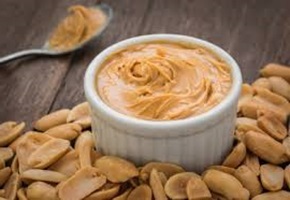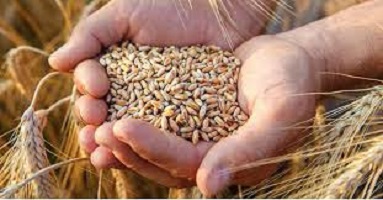Does Peanut Butter Cause Phlegm
Does Peanut Butter Cause phlegm?
Phlegm, or mucus, is crucial for safeguarding your respiratory system against viruses and allergens. Nonetheless, an overproduction or thickening of phlegm can lead to irritation and discomfort.

Food Allergies:
Allergies can trigger an overproduction of mucus, leading to congestion, breathing difficulties, and other symptoms such as skin rashes, swelling, and dizziness.
Common food allergens include eggs, milk, soy, fish, shellfish, wheat, peanuts, and tree nuts.
Does peanut butter cause phlegm?
Peanut butter itself is not known to directly cause phlegm production.
However, some people may experience an increase in phlegm or mucus production after consuming certain foods, including peanut butter, due to a few potential reasons:
- Allergies: If you have a peanut allergy, consuming peanut butter can lead to an allergic reaction, which might include increased mucus production as part of the body’s immune response.
- Acid Reflux: Peanut butter is high in fat, and for some people, high-fat foods can trigger acid reflux. Acid reflux can lead to increased mucus production in the throat as the body attempts to protect the esophagus from stomach acid.
- Sensitivity: Even without a full-blown allergy, some individuals might have a mild sensitivity to certain components in peanut butter that could lead to a slight increase in mucus production.
- Thick Texture: The thick and sticky texture of peanut butter can sometimes feel like it’s causing phlegm or mucus in the throat, even though it’s not increasing mucus production.
If you notice increased phlegm production after eating peanut butter and it’s bothersome, you might want to consult with a healthcare professional to determine if there’s an underlying cause, such as an allergy or sensitivity.
What causes too much phlegm?
Sickness: When fighting off illnesses like colds and sinus infections, your immune system initiates an inflammatory response.
This response often leads to an overproduction of mucus, causing symptoms such as coughing, a runny nose, sore throat, and breathing difficulties.
Chronic conditions like cystic fibrosis, asthma, or chronic obstructive pulmonary disease (COPD) that affect mucosal tissues can also result in excessive phlegm production.
Food Allergies:
Allergic reactions to certain foods can cause excessive mucus production, leading to congestion, breathing problems, skin rashes, swelling, and dizziness.
Common food allergens include eggs, milk, soy, fish, shellfish, wheat, peanuts, and tree nuts.
Additionally, some people may experience increased phlegm after consuming specific foods, even if they are not allergic to them.
Pollution:
Exposure to smoke or environmental pollution can trigger your body to produce more mucus as a defense mechanism against irritants.
Foods That Cause Phlegm in the Throat:
Greasy or Fried Foods: Foods cooked in oil are high in refined carbohydrates, cholesterol, sodium, sugar, and other additives, which can lead to various health issues, including increased mucus production.
Alcohol: Alcoholic beverages can weaken the sphincters in the esophagus, resulting in higher levels of phlegm.


